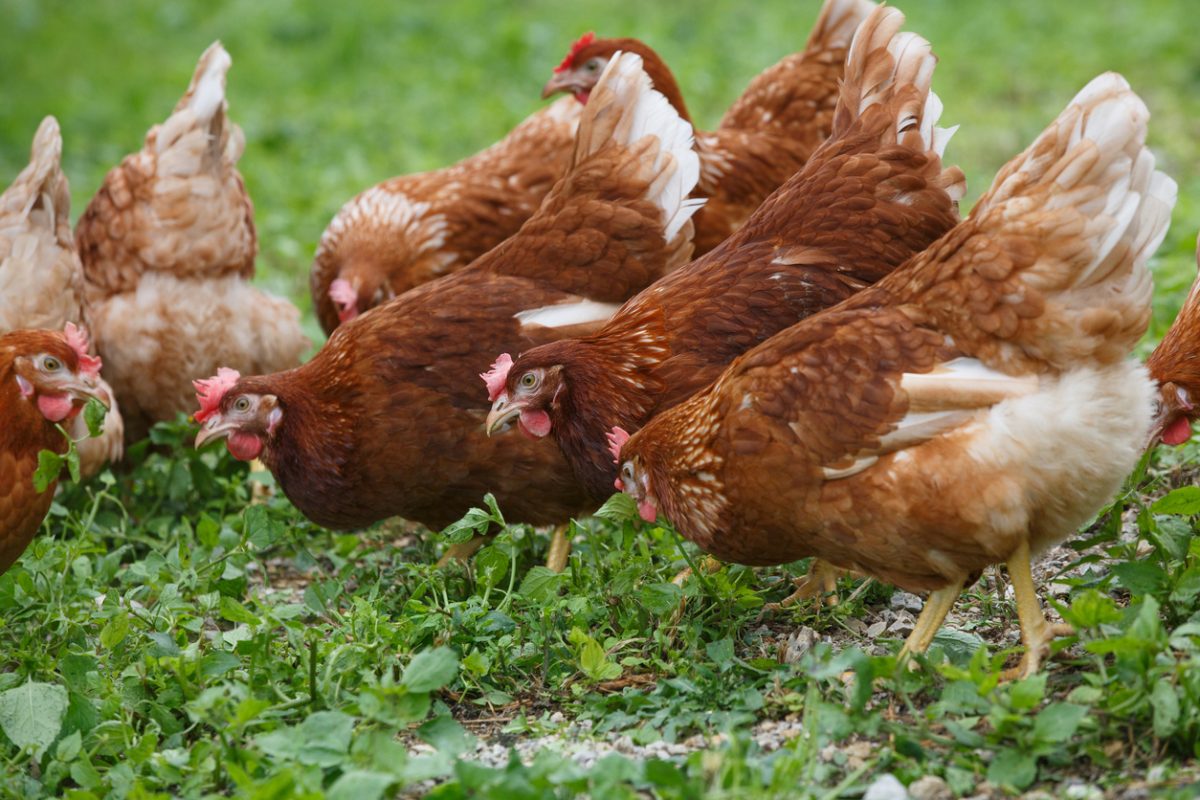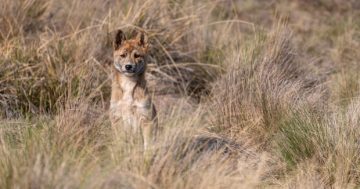
Keeping our agriculture industry and native animal species safe is the aim of a new suite of initiatives aimed at fighting bird flu. Photo: File.
The expected arrival in Australia of a new strain of bird flu has seen the Federal Government divert a lot of money towards minimising its impact.
A $95 million package of biosecurity and environmental initiatives has been announced which, the government says, will go a long way towards countering the disease.
Australia remains the only continent free from high pathogenicity avian influenza (HPAI) H5N1, but the government knows it is likely not able to keep it that way.
Its rapid global spread, leading to significant impacts on poultry, wild birds and some mammal species – including respiratory illness, reduction in egg production and sudden death – has raised the alarm.
The extra $95 million to further prepare and protect the nation against the strain brings the total commitment to date to over $100 million.
Agriculture Minister Julie Collins said the bird flu strain carries significant risks for Australia’s agricultural industries, unique wildlife and the national economy.
“Impacts experienced this year from outbreaks of other strains of high pathogenicity avian influenza highlight the importance of continued investment in national preparedness,” Ms Collins said.
“That is why we are investing more than $100 million in preparedness.
“Today’s announcement will strengthen our ability to detect any incursion and enhance biosecurity responses where it counts – working in partnership to collaboratively manage national biosecurity threats.”
This latest money will see $37 million invested in initiatives to protect Australian agriculture, including:
- $15 million to increase national biosecurity response capability and improve surveillance with key partners, including the states and territories
- $5 million to boost biosecurity and scientific capability, including procuring vaccines for use in some captive threatened bird species
- Up to $10 million in nationally coordinated communications to ensure the Australian community is informed, prepared and protected, and
- $7 million will be used to enhance wild bird surveillance activities through Wildlife Health Australia and to improve early detection and reporting capacity.
There will also be $35.9 million to boost environmental measures and accelerate protective action for threatened species and priority biodiversity. That work includes supporting state and territory governments to boost preparedness planning for the nation’s most vulnerable species and places.
A further $22.1 million will go to strengthening public health preparedness by increasing the number of ready-to-use pandemic flu vaccines in the National Medical Stockpile.
Humans aren’t infected with avian influenza viruses in any great numbers, but Health Minister Mark Butler said that can’t be taken for granted.
“Although human infections with avian influenza viruses are rare and the current risk to the Australian population remains very low, there is no room for complacency,” he said.
“The Australian Government’s $22.1 million investment will increase the number of pandemic flu vaccines we have in storage.
“The interim Australian Centre for Disease Control is leading this work – and is very focused on ensuring we are as prepared as possible for any potential case of H5N1 avian influenza.”
Key conservation partners will be involved in improving protections for precious captive populations of threatened species.
Invasive Species Council advocacy director Jack Gough described the funding boost as “incredible news” and said the government was “finally investing a serious amount” into preparation for what could be the “worst environmental disaster” in Australia’s history.
“This level of funding will allow departments to get on with the job of properly preparing to save wildlife and stop extinctions if the deadly bird flu hits our shores,” Mr Gough said.
“We will not be able to stop this disease from arriving but we know that vaccination, carcass removal and stopping disturbance can reduce death rates and save species like Tassie devils, sea lions and black swans.
“Environment groups have been calling for this and it is excellent to see the government has listened, with great engagement behind the scenes.
“Of course, this is only a down payment for preparedness and more funding will be required if this disease does hit our shores.
“At the upcoming emergency environment ministers meeting on bird flu this Friday we are hopeful that clear preparation milestones are agreed to and that the work on identifying and developing preparedness plans for high-risk species and locations is accelerated.
“This sets a really important precedent. Too often the environment is forgotten or neglected when it comes to biosecurity. This should be the first step in a monumental change in the way that environment biosecurity threats are managed in Australia.”
Environment Minister Tanya Plibersek said it is inevitable that the disease will reach Australia.
She said the extra investment will improve protections for threatened species and make sure the nation is as prepared as possible.
“While Australia remains free from HPAI H5N1, the awful reality of this disease is that – like the rest of the world – we will not be able to prevent its arrival,” Ms Plibersek said.
“As Environment Minister, my focus is on doing everything I can to protect our precious threatened species.”
The National Emergency Management Agency is also preparing to respond to any impacts that the detection of H5N1 avian influenza may have on our economy, community and environment.
Original Article published by Chris Johnson on Riotact.





